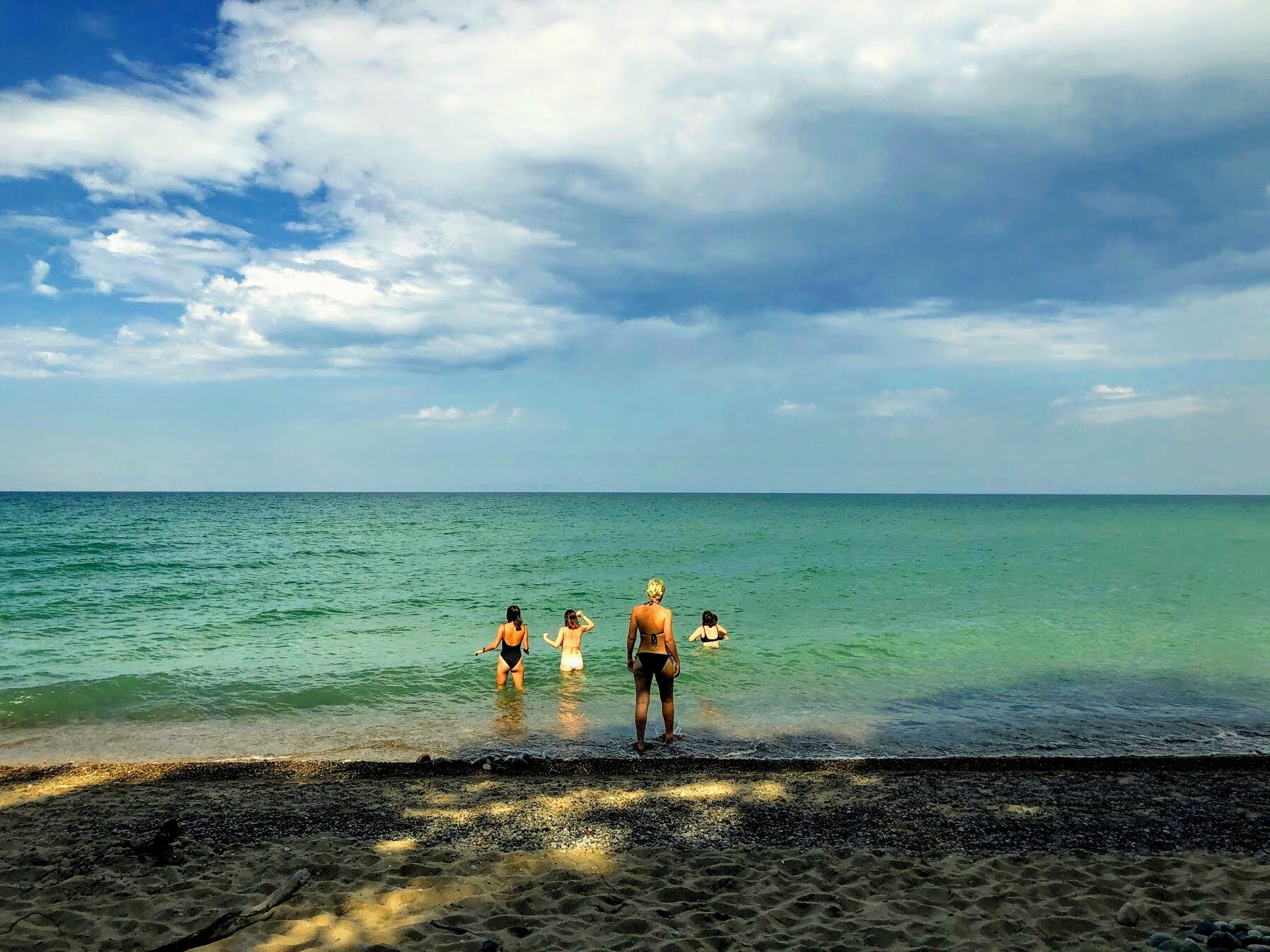Gap Years

As much as we wish that the college experience during COVID was the same as before, it’s not. The restrictions can make life boring and the fear of a reduced college experience pushed many students to take a semester off or a gap year. We interviewed some of these students and asked them about their college-free lives.
Question 1 : What have you decided to do this semester?
Sophie, a senior at Scripps: This semester I am only taking my senior thesis. I am living on my friend’s orchard and focusing mainly on farm work, writing my thesis, and my IT job.
Sarah, a sophomore at the University of Maryland: I hiked about 1000 miles of the Appalachian Trail from West Virginia to Georgia.
Sage, a sophomore at Tufts: This semester I decided to time off from college and work as a fellow for When We All Vote, an organization founded by Michelle Obama that is on a mission to increase participation in every election and close the race and age voting gap.
Question 2 : Why did you decide not to go to college this semester?
Sophie: I decided to take the semester partially off because I did not have faith that I could do a full semester online based on my experience of half a semester online in the spring. A lot of my friends are in the grade below me, so I knew taking a semester off wouldn’t feel like falling off track.
Sarah: All my classes were online, and I felt that the quality of my education would be greatly hindered due to this format.
Sage: I decided not to return to college this semester because I believe in the power of the youth voting bloc and I wanted to dedicate my time and efforts to making sure young voters, like me, had access to the resources they need to get registered and ready to vote in this election. In 2016, nearly 100 million voters did not vote, while youth and marginalized voters faced the highest barriers to voting. Voter suppression is real and many times young Americans don’t have access to the information they need to be able to have their voice heard.
Question 3: Is your activity something you’ve been thinking about for a while?
Sophie: I have been dreaming of living and working on a farm for years! I did not expect to be living this dream so soon or in such strange circumstances.
Sarah: I’ve always loved hiking, but I didn’t consider doing a backpacking trip of this magnitude until the last few months.
Sage: Prior to the pandemic, I had not considered taking time off from school, but I had been eager and excited to volunteer during the 2020 election cycle. Once everything changed, I began to reevaluate where I wanted to dedicate my time leading up to November 3rd. I feel privileged and grateful that I had the opportunity to take time off from school and I know that this is exactly where I should be during this election cycle.
Question 4: What lessons have you learned thus far?
Sophie: I have learned to be more open-minded about what trajectory my life might take. l have found that I truly enjoy working and have the drive to be productive outside of school and work.
Sarah: I’ve gained a stronger belief in the innate good of the human spirit.
Sage: I have learned that you really don’t need to work on a campaign or for a voting organization to substantiate change within your community. Real, everyday people are the ones who are shifting the culture around voting by connecting with their friends, families, and other community members. This tactic, relational organizing, is one of the most effective organizing strategies that I have seen and it just proves how powerful people can be in their communities.
Question 5: What message would you have for people who may be considering what to do next semester?
Sophie: Nothing is normal now — don’t do anything because you think you should. Do what is best for you — now, strangely, is a better time than ever to do this.
Sarah: Pick something you’re passionate about doing and do it. School will still be there when you come back.
Sage: My message to students who are considering taking a semester off is if they have the opportunity and flexibility to take time off, then absolutely do it. During these unprecedented times, there are so many t opportunities to jump into experiences you can’t find in a classroom and dedicate yourself to learning in a new way, no matter what it is.
These students all had very different experiences with their time off. As amazing as the experiences were in some ways, they also faced different hardships. Sage was still living at home and found that working virtually was often difficult. She wanted to do her work in a different country but found the travel restrictions and work hours hard to deal with. Sarah mentioned the Appalachian trail often felt very dangerous and going alone was very out of her comfort zone. Sophie developed severe farm allergies while working and had to deal with that while being away from home.
All students emphasized that the pandemic provides opportunities that may have not existed before. Taking this time off a year ago would have been unfathomable. The pandemic makes it feel like time is standing still — it feels as though nobody else is moving forward, so you can take the time to do something truly unique. Reassess your priorities and come back refreshed. It may not be for everyone, but these students certainly don’t regret it.




